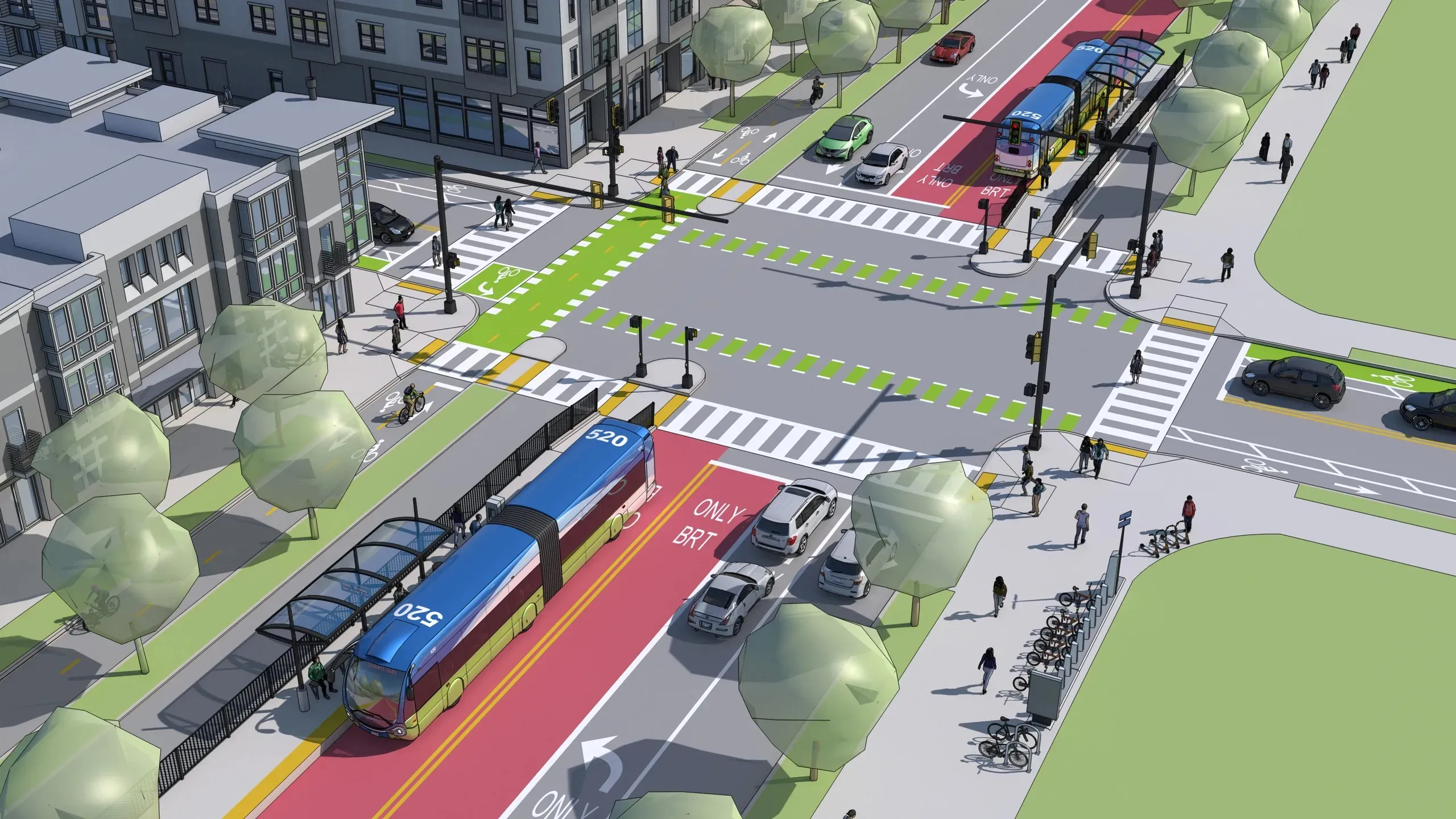
With an eye toward eventually creating Mobility as a Service (
The Atlanta-region Transit Link Authority (The ATL) will be responsible for transit planning across 13 counties, providing a truly cohesive regional plan that offers people a seamless transportation experience across agencies like the city’s MARTA rapid transit rail and various local and commuter bus systems - and eventually, bikeshare, parking agencies and perhaps rental cars. The legislation also allows The ATL to implement unified fare payment systems, improve routing and scheduling across jurisdictions and to consolidate purchasing, maintenance and operations.
Mobility as a right
In addition to being an economic development engine, Chris Tomlinson, executive director of the
According to Tomlinson, no other US metropolitan area has organised transportation governance and funding exactly in this way. Other cities - Denver, Chicago and Dallas, for example - have set up regional authorities, but they continue to be primarily funded by local taxes while Atlanta’s new structure relies on more of a mix of state and local funding.
Getting the region’s transit agencies to work together more closely and give riders a seamless riding experience requires the buy-in of the other agencies. In addition, the legislation requires that any transportation asset over $250,000 will need to be embossed with The ATL branding rather than the local agency’s name and logo.
Losing control
Tomlinson admits that some are worried about losing governance and control over their operations but most directors are on board. In fact, Jeff Parker, general manager of MARTA, the largest transit agency in the area - and theoretically the organisation with the most to lose - has been vocal and visible in his support for The ATL. “There’s no doubt that we need to work together better,” Parker told ITS International’s MaaS Atlanta conference. “We understand that this is so the entire regional network works better as a whole.”
The eventual goal is for someone to fly into Atlanta’s Hartsfield-Jackson airport, take an ATL-branded train to downtown, switch to an ATL local bus and then use bikeshare to travel the final mile - creating a seamless riding experience with unified payment and routing systems. With that in mind, Tomlinson hopes The ATL becomes a model for how transportation is planned, funded and operated across the US.
The ATL: how it works
The Atlanta-region Transit Link Authority (The ATL) will be overseen by a 16-member board made up of five people appointed by state officials (two by the speaker of the house and three by the governor) and 10 citizens appointed by local officials. The Georgia Department of Transportation commissioner also joins as a non-voting member. The citizen members of the board will come from 10 transit districts drawn across county lines to encourage regional - rather than local - thinking.
The legislation creating the new transit authority creates several new transit funding options in the Atlanta region. The latest state budget includes $100 million in bonds available for regional projects, and The ATL can issue its own bonds or work with other state agencies to issue them. In addition, individual communities can put local referendums on the ballot to raise taxes by up to 1% for up to 30 years to pay for construction and operations.
Projects funded by these taxes must be included in the regional transit plan and approved by The ATL board. No new taxes will be levied on local jurisdictions unless approved by voters.










